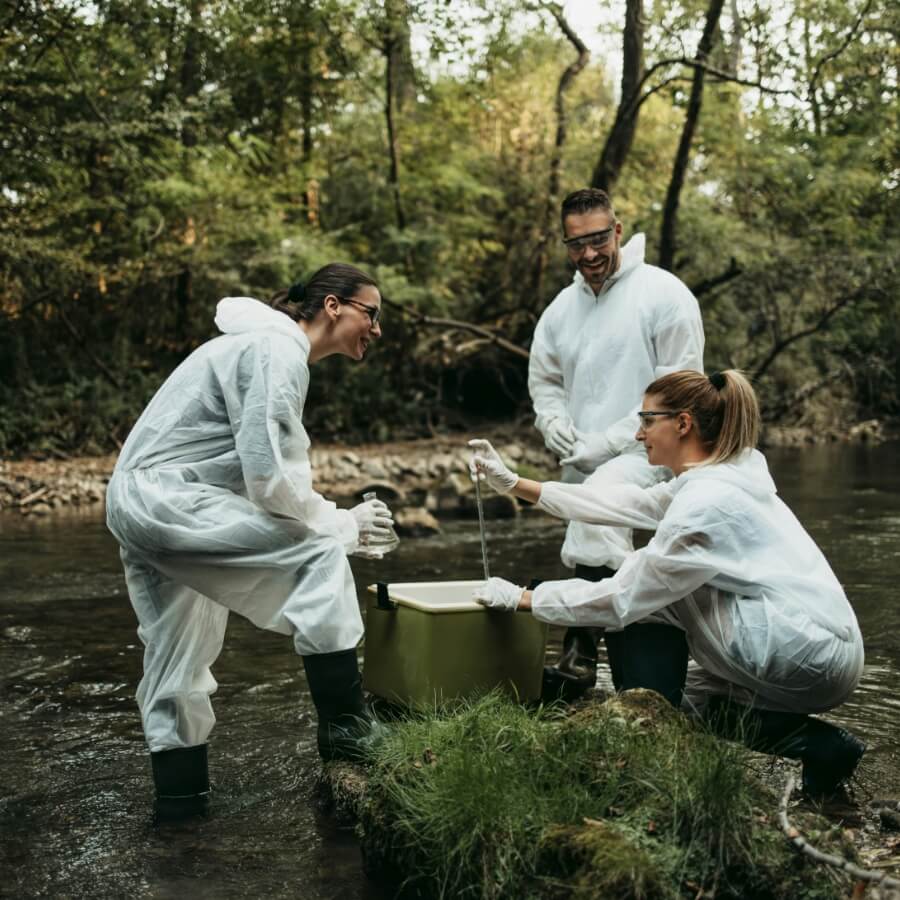Dive into the captivating world of life science! Our biology courses are designed to spark your curiosity and enrich your understanding of living organisms and fundamental biological principles. Courses can be used for transfer to four-year institutions as well as to satisfy prerequisite courses for nursing and other allied health programs.
Programs in Biology

Your Future in Biology
Majoring in Biology can lead to careers in areas such as agriculture, health, research, and teaching.
Have Questions?
Contact us to learn more about Biology .
Alicia Ramirez
Senior Administrative Assistant, STEM
Email:
aramirez@hartnell.edu
Phone:
831-755-6875
Location:
Main Campus, S-215
Not sure if Biology is for you?
Explore more...
Other Disciplines in STEM
